Pumpkin is one of the most versatile and universally loved foods on the planet. From delicate souffles to creamy soups, savory stews to delectable desserts, pumpkin is the perfect addition to almost any dish! Pumpkin is also super-healthy and can be included in practically any diet, lifestyle, and cuisine. While cooking with fresh pumpkin can be daunting, canned pumpkin is available year-round in most areas. Keep reading to learn more about this nutritional powerhouse and why you should have more of it in your diet.
Pumpkin History and Facts
Pumpkins are native to North America, although they are grown on every continent except for Antarctica. The top producers of pumpkins around the world are the United States, India, China, Canada, and Mexico. Each year the United States produces 1.5 billion pounds of pumpkins, making it one of the most widely cultivated crops in the U.S.
The pumpkins originally grown by Native Americans did not look like the traditional orange, round pumpkins we think of today. They had a long curved neck and were stored as a source of food for the harsh winters. Native Americans roasted, boiled, baked, and dried pumpkins and included pumpkin blossoms in soups and stews. They made pumpkin flour by grinding dried pumpkins.
Pumpkin Nutrition
While pumpkins can come in a variety of colors, from gray to pale green, the pumpkins we love to eat are usually round and bright orange. This vivid orange color points to the high amounts of beta-carotene found in pumpkins. Beta-carotene is a vital antioxidant, known to lower your risk of developing heart disease, cataracts, macular degeneration, and certain cancers. Pumpkins are also low in calories and high in dietary fiber. They are packed with antioxidants, vitamins and minerals. One ½ cup serving of pumpkin contains just 26 calories and no saturated fat or cholesterol.
Pumpkin seeds are also a valuable source of nutrition. They contain dietary fiber and monounsaturated fatty acids. These fatty acids are excellent for your heart! These seeds are a nutritional powerhouse, packed with protein, vitamins, and minerals. Pumpkin seeds are also cholesterol free.
Canned vs. Fresh
Processing fresh pumpkin can be labor intensive. Fortunately, canned pumpkin is widely available year-round at reasonable prices. In most cases, the canned version of a fruit or vegetable is less nutritious than fresh. However, when it comes to pumpkin, canned and fresh are equally nutritious.
The Mayo Clinic recommends looking for fresh pumpkins that are “without blemishes..firm and heavy for their size. Whole pumpkins can be stored in a cool dark place for up to two months.” As for selecting the best canned pumpkin, the Mayo Clinic suggests reading the nutritional label and choosing one that does not include salt. They also recommend choosing canned pumpkin that is labelled as 100% pumpkin, not pumpkin pie mix. The pumpkin pie mix has a lot of other ingredients added into the pumpkin puree and is much higher in calories.
Pumpkin Recipes
Pumpkin is extremely versatile and can be added to almost any recipe or type of cuisine. It is also great for a variety of special diets, from gluten-free to vegetarian and diabetic-friendly! This classic fall favorite can be added to recipes for any meal, from a breakfast of pumpkin pancakes to a late-night snack of roasted pumpkin seeds. You can even enjoy it at your coffee-break with a pumpkin-spice latte and a slice of toast spread with pumpkin butter! If you are looking for ways to add this delicious gourd into your diet, try some of these recipes:
Breakfast Nuts and Fruits Granola
Pumpkin Maple Custard with Honey Glazed Walnuts
Sour Cream Pumpkin Coffee Cake
Almond Crunch Pumpkin Cheesecak
Sources:
https://www.nutrition-and-you.com/pumpkin.html
https://www.superfoodsrx.com/superfoods/pumpkin/putting-pumpkin-in-your-diet.html
https://www.allaboutpumpkins.com/history.html
https://en.wikipedia.org/wiki/Pumpkin
https://www.mayoclinic.com/health/pumpkin/AN01754

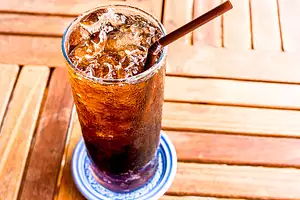

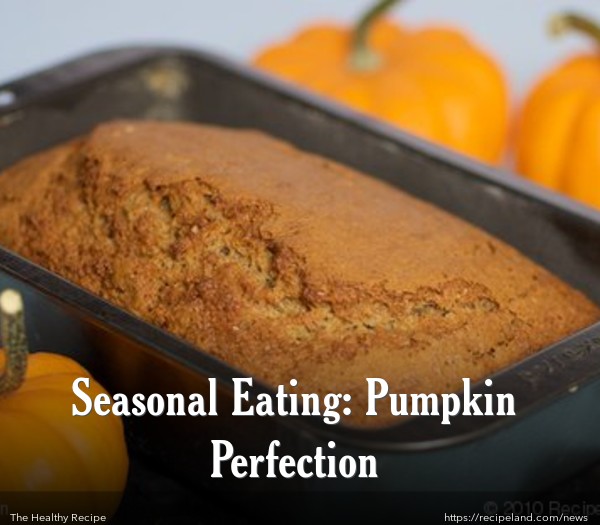
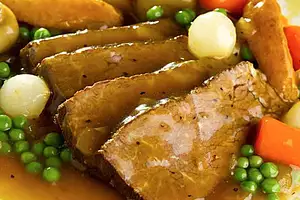

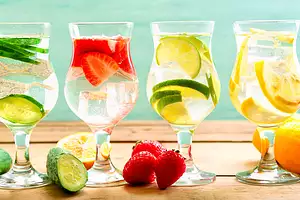
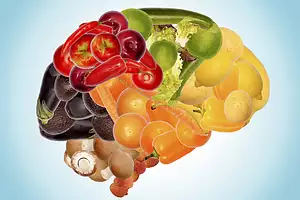
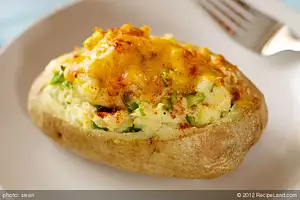

Comments